Differences in Condensing vs Non Condensing Tankless Water Heaters
If you're a homeowner trying to figure out the best water heating option, you've potentially heard of two main choices for tankless water heaters -- condensing and non-condensing. Although each model has benefits, knowing their differences is key to figuring out which will work best for you. In this article, we'll dive deep into condensing vs. non-condensing tankless water heaters. With this knowledge, you'll have the tools to select the perfect type of heater for your living space. All the best!

What is a tankless water heater and how does it work?
Traditional water heaters store gallons of water in a large tank that needs to be constantly heated to provide a consistent supply of hot water. On the other hand, tankless heaters heat water only when you need it. When you turn on a hot water tap, the tankless heater's heat exchanger instantly heats the water, saving energy and freeing up storage space in your home. A tankless model can last longer than a traditional heater since it has no tank that can corrode or leak.

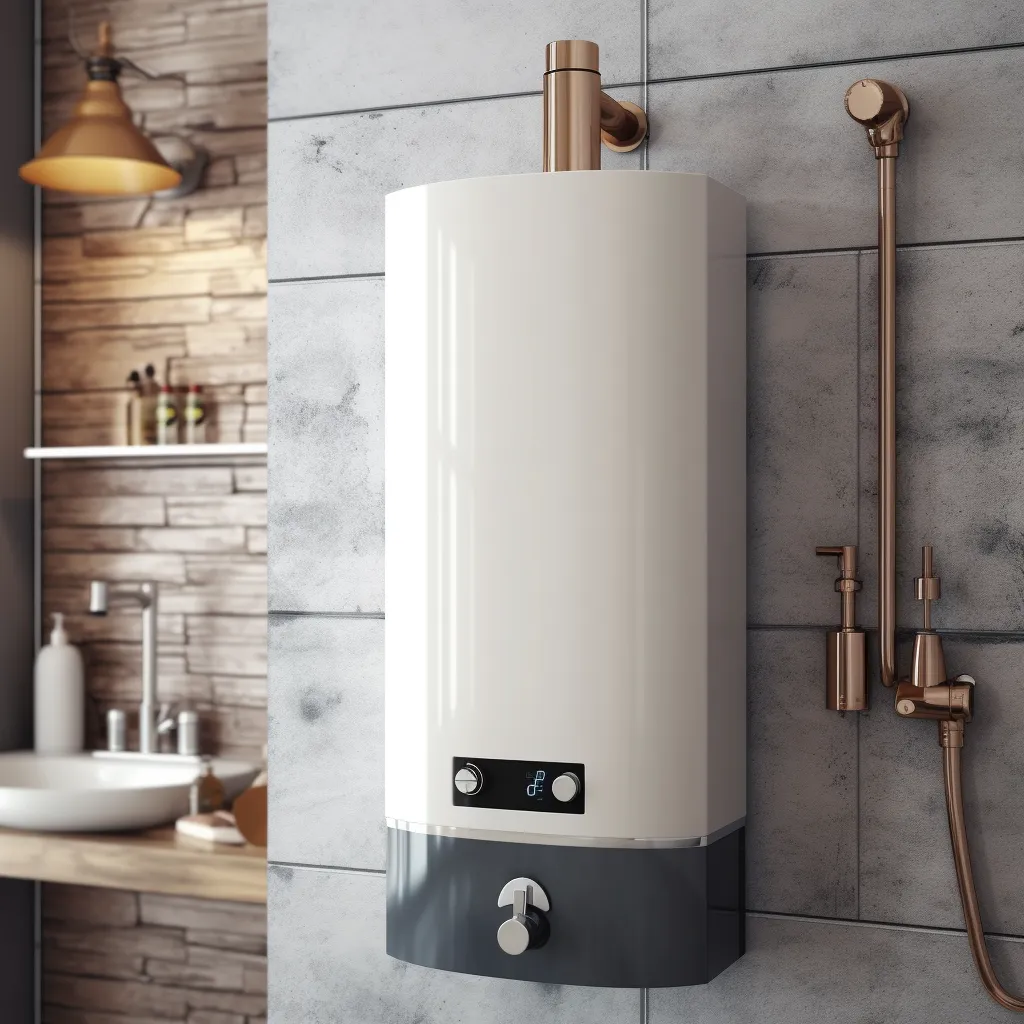
What is a condensing tankless water heater?
Check out the condensing tankless water heater! It's a more efficient version of a regular tankless water heater. It captures heat that would usually be wasted and recycles it to heat incoming water, reducing energy waste and increasing efficiency. This clever feature not only saves you money on your energy bill, but also helps the planet by shrinking your carbon footprint.
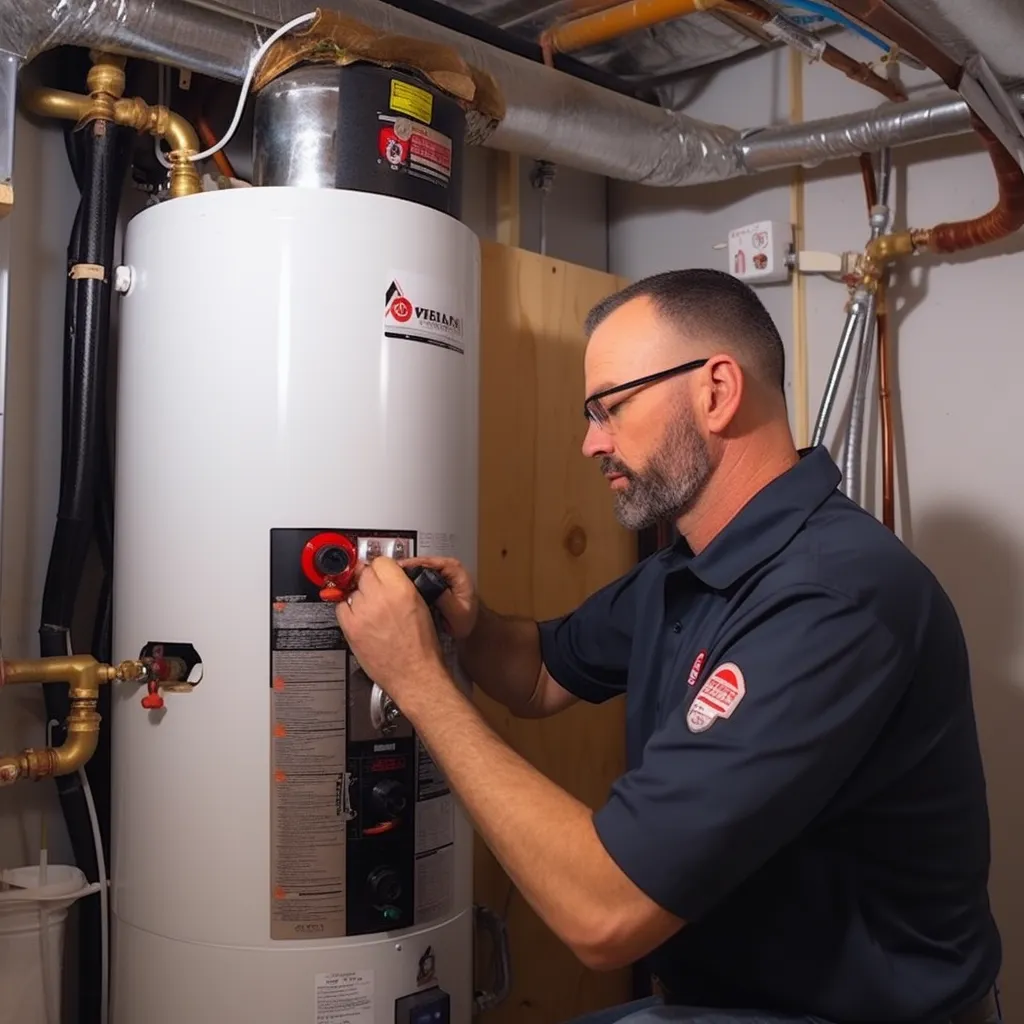
Condensing vs non condensing tankless water heater differences
When it comes to reducing your energy costs, tankless water heaters are a fantastic option to consider. But before you buy one, you need to know the difference between a condensing and non-condensing model. The key difference is how they handle exhaust gases. Non-condensing models just release them into the atmosphere, while condensing models cool them to the point where they condense into water vapor, which is then drained out. This process makes condensing models more energy-efficient and gives them a higher efficiency rating than non-condensing models. Keep in mind that they may be more costly at first, but they'll help you save money in the long run by cutting down your energy expenses.
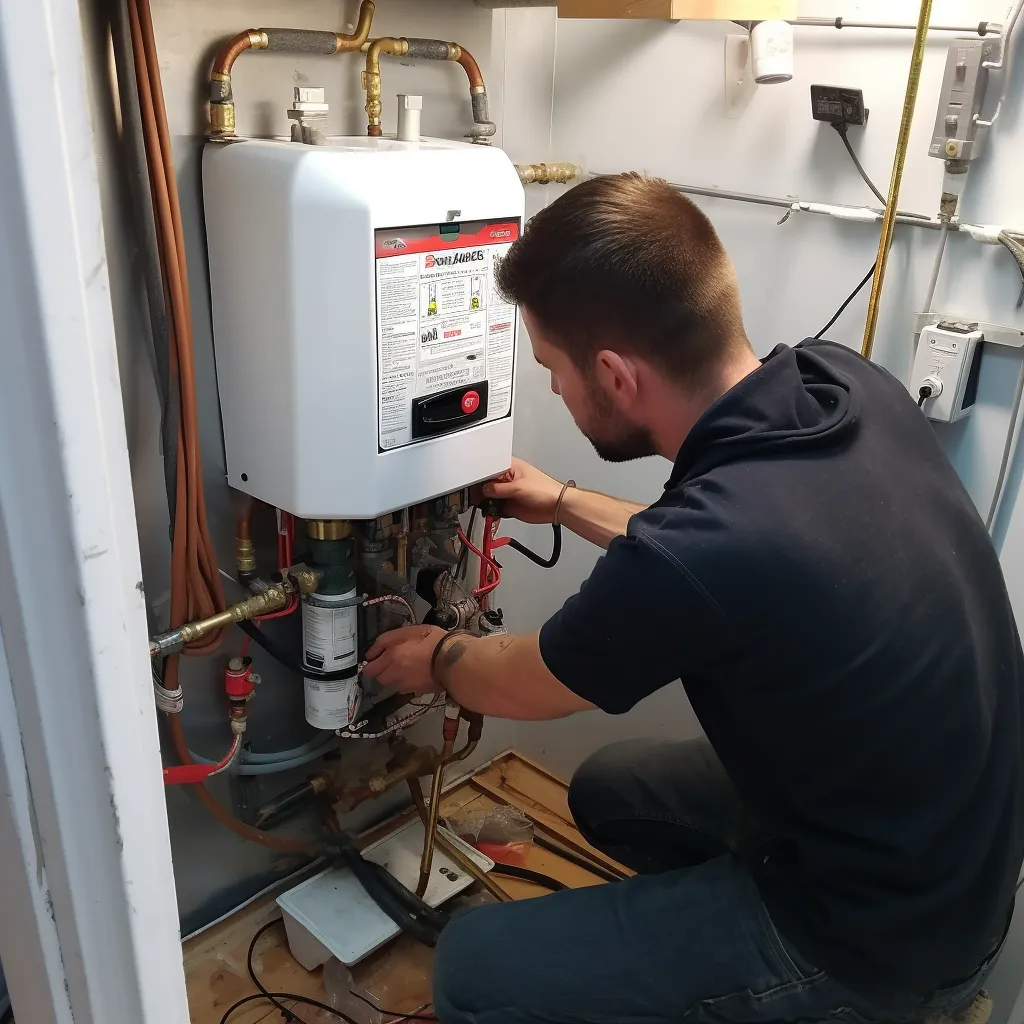
What are the benefits
of a condensing tankless water heater?
Condensing tankless water heaters have several benefits over non condensing water heaters:

Increased efficiency: Condensing models tend to be more efficient than non-condensing models, leading to potential cost savings on your utility bill.
Lower emissions: They produce fewer harmful greenhouse gases, making them a more environmentally friendly choice.
Longer lifespan: With fewer components to wear down, condensing water heaters may have a longer lifespan than non-condensing models, ensuring a steady supply of hot water for years to come.
What are the downsides
of a condensing tankless water heater?
While condensing tankless water heaters are becoming more popular, there are some downsides to consider:
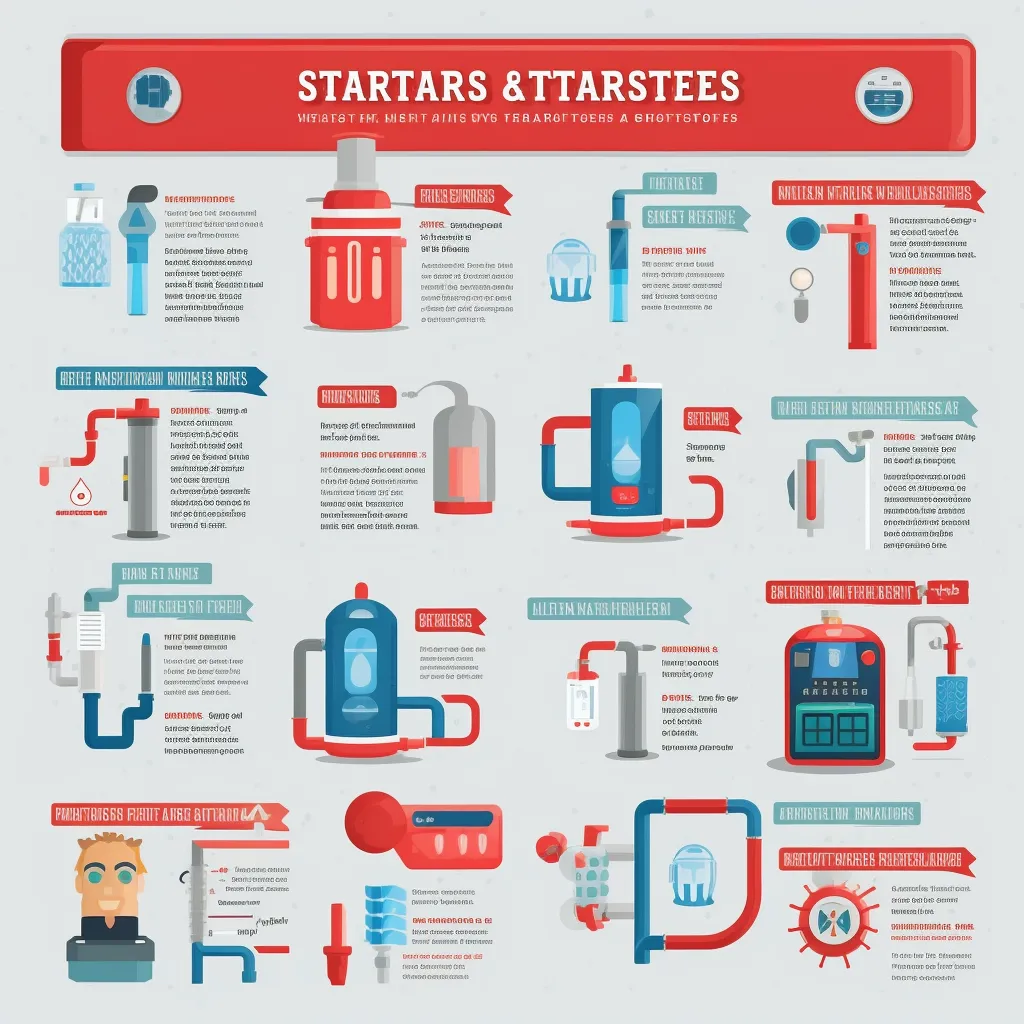
Condensing models may be pricier than non-condensing ones, so it's worth considering the upfront costs with expected savings.
Compared to non-condensing ones, installing a condensing tankless water heater is more complex due to the added venting and drainage systems.
Note that condensing models require more maintenance than non-condensing ones, so factor in the cost of service calls when deciding.
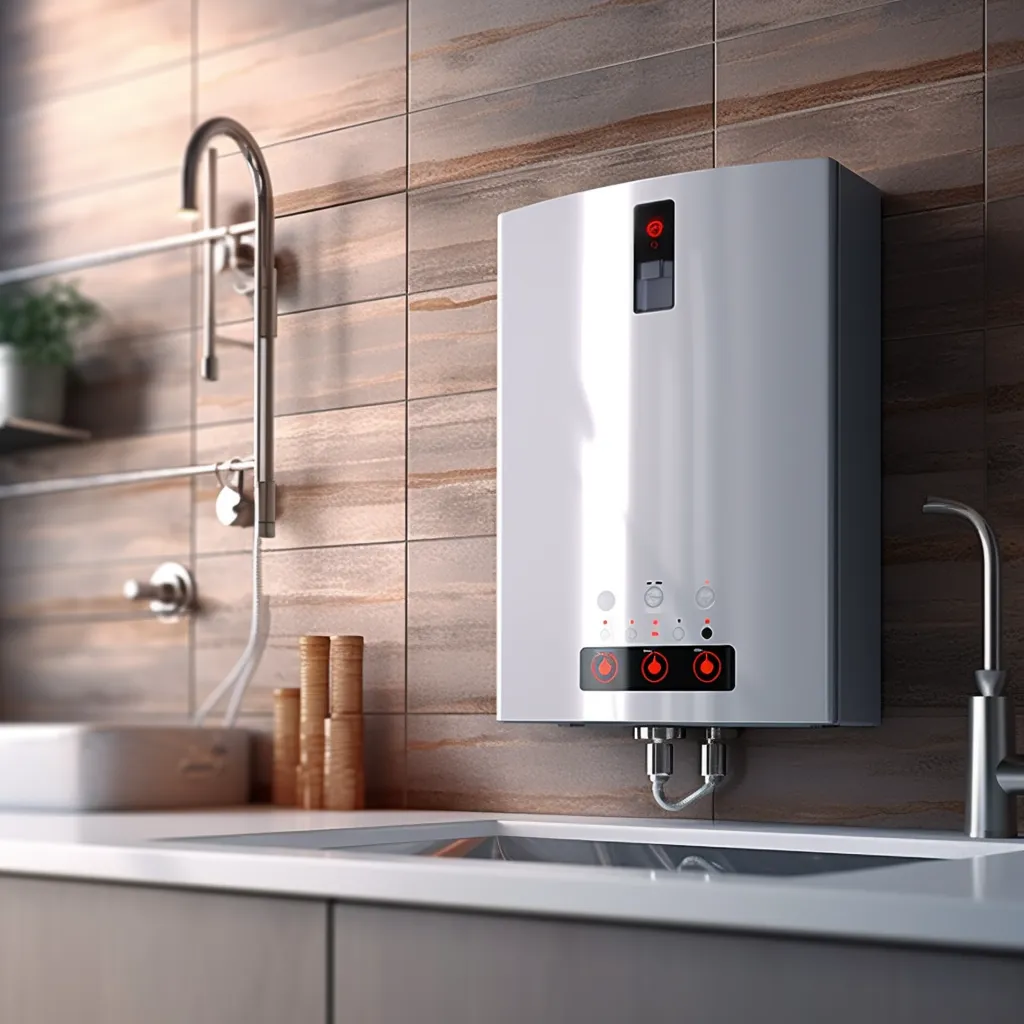
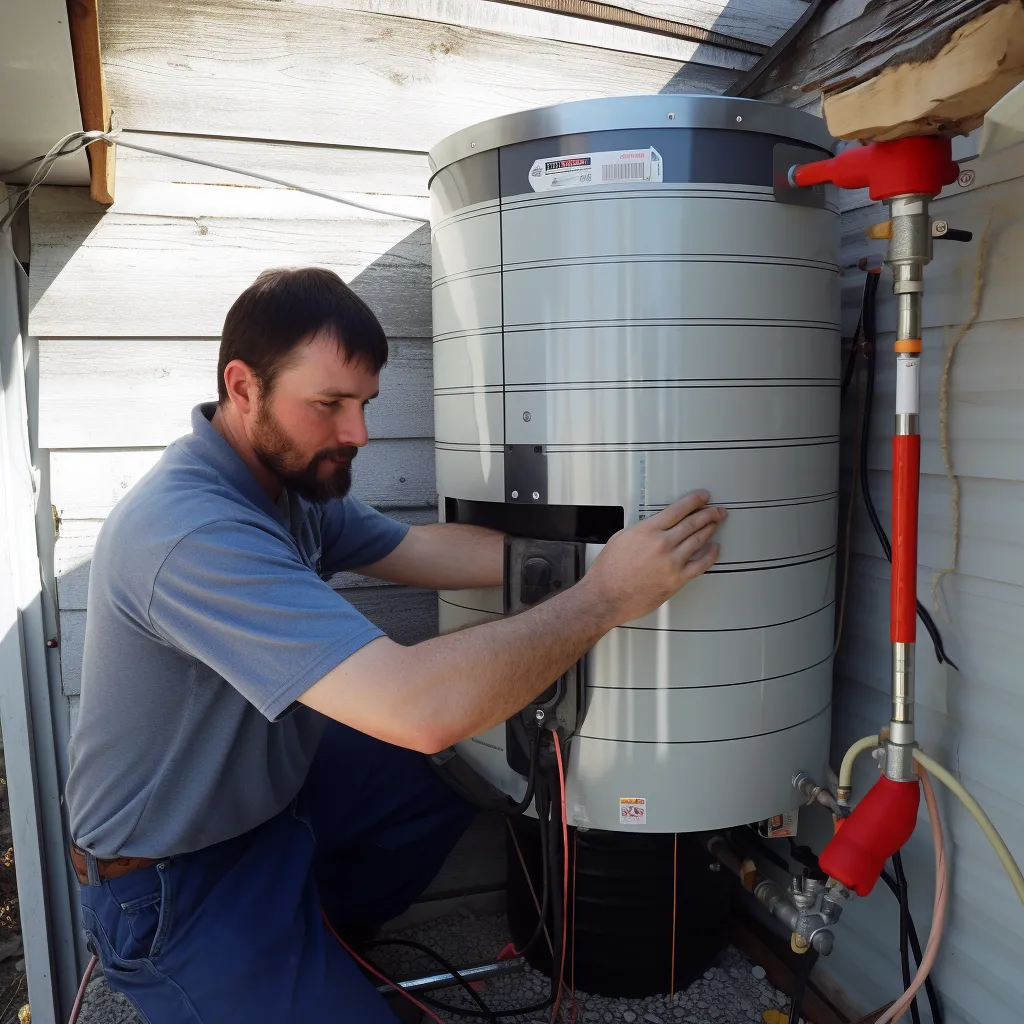
What is the energy efficiency of a condensing tankless water heater?
Condensing tankless water heaters are a genius and eco-friendly way to heat water. They use a heat exchanger to trap heat that's usually wasted during the combustion process, providing up to 96% energy efficiency. You can save a lot on your energy bills in the long run, and there's no need to worry about warming up a tankful of water that you might not even use. These heaters heat up water on demand, which not only saves you money but also reduces your carbon footprint.
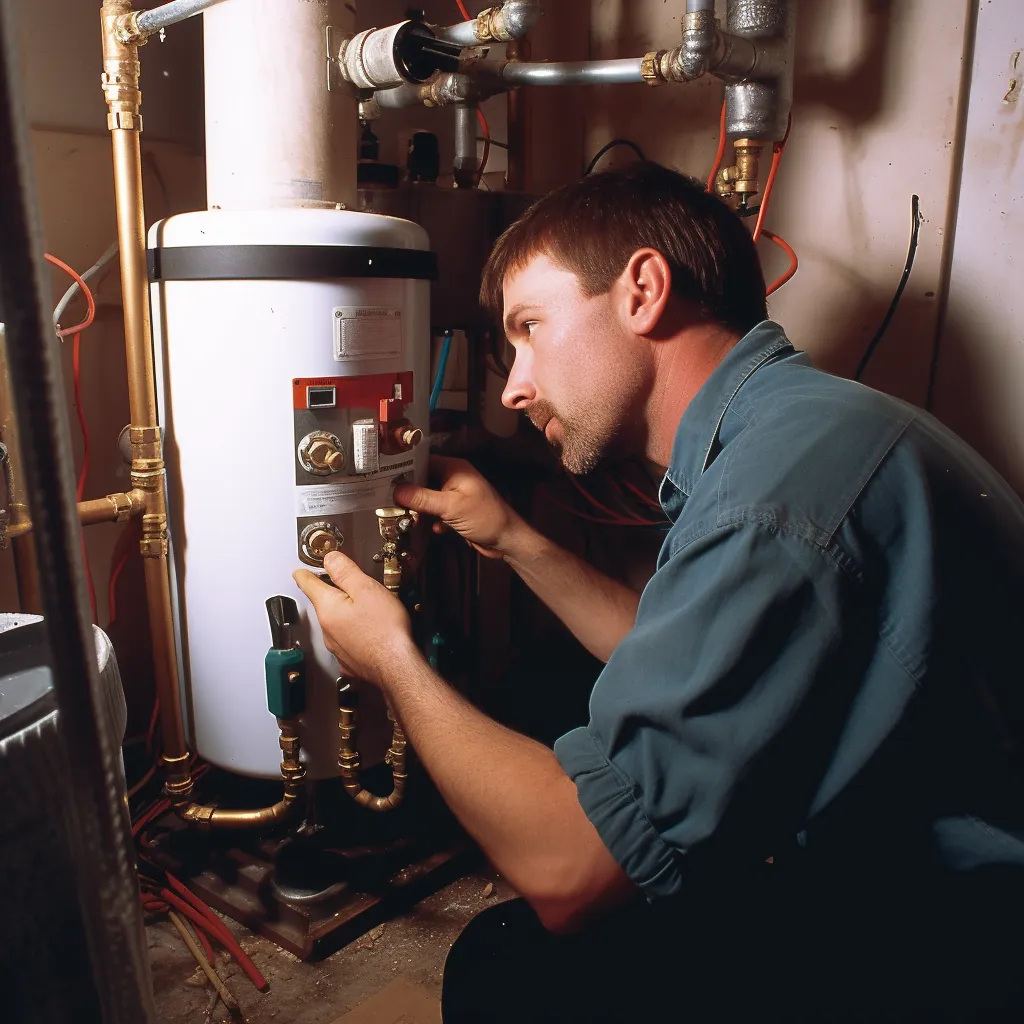
What is the energy efficiency of a non condensing tankless water heater?
If you're thinking of upgrading your current water heating system or simply want to explore more sustainable and cost-effective options, non-condensing tankless water heaters are definitely worth considering. Although they may not be as energy efficient as their condensing counterparts, they still offer substantial benefits in terms of reducing energy usage and costs.
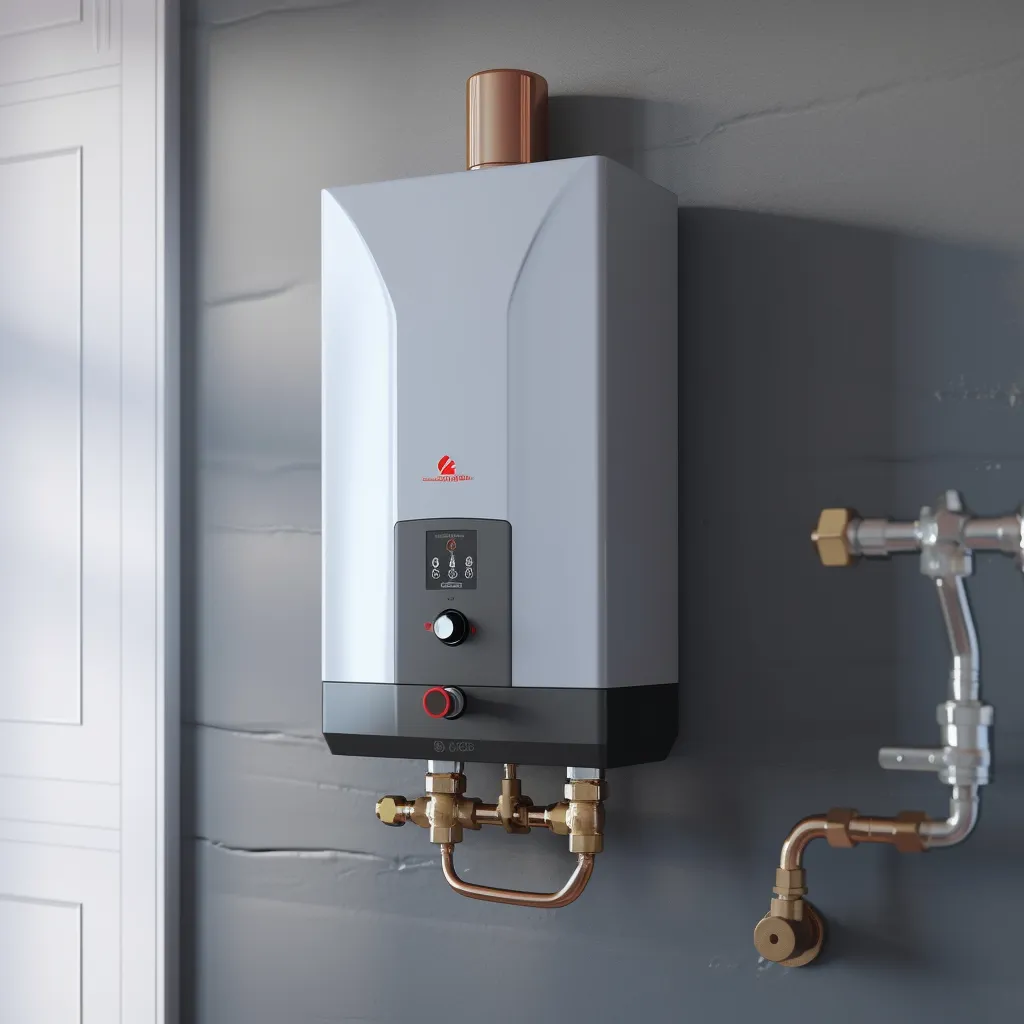
What does it cost to buy and install a condensing tankless water heater?
If you're considering investing in a condensing tankless water heater, you can enjoy significant energy savings and improved efficiency for years to come. Though, the overall costs for buying and installing a high-quality unit can vary depending on multiple factors, such as your home size and the model and brand of the heater. Additionally, installation complexity is also a key factor. To make sure you choose the best option for your needs, it's worth consulting a trusted professional for expert guidance. Despite the initial cost being a bit scary, many homeowners find that the long-term benefits of a condensing tankless water heater are totally worth the investment.
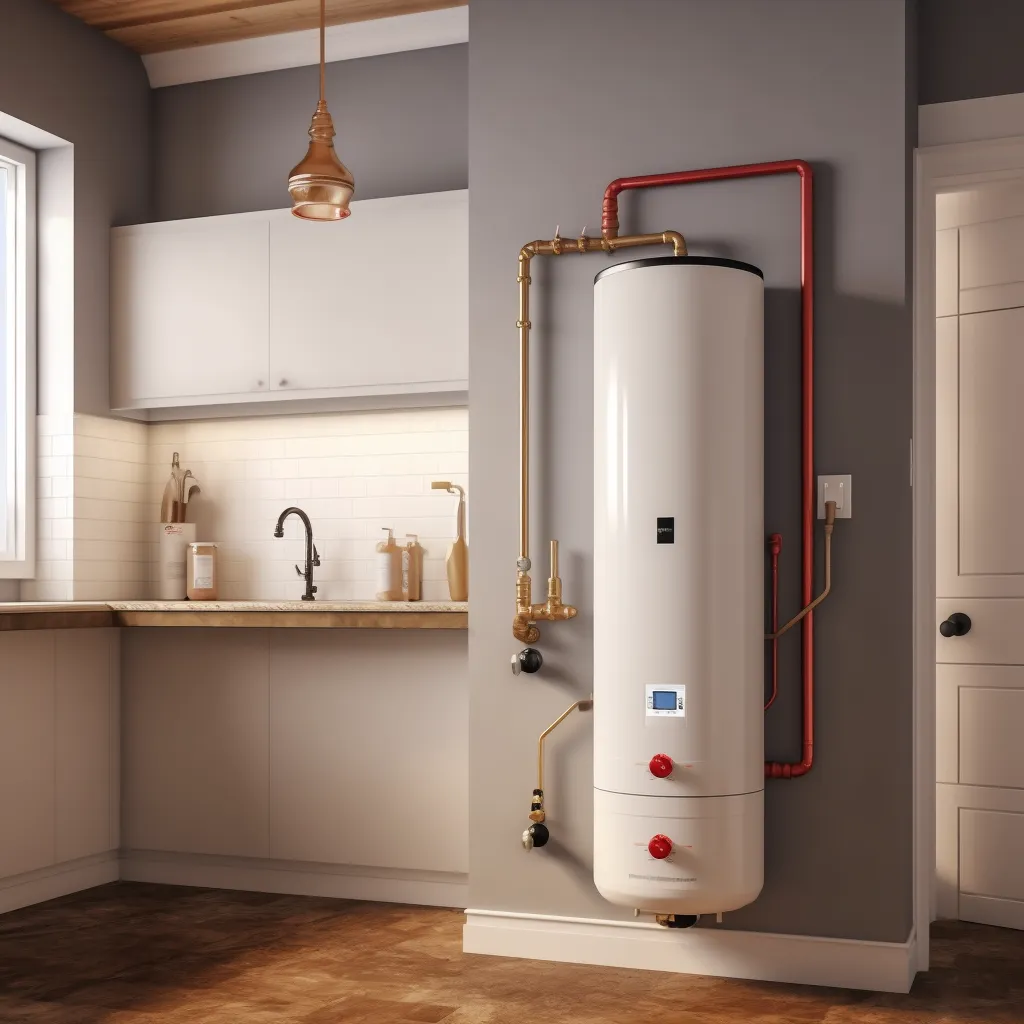
What does it cost to buy and install a non condensing tankless water heater?
When you're looking for a water heater, a non-condensing tankless one can cost you around $1,000 to $3,000 depending on its brand and size. Although it's an investment upfront, it has a lifespan of up to two decades and can provide you with unlimited hot water. What's more, the sleek and compact design of the heater means that it can fit anywhere in your home, giving you more space to move around.
What are the maintenance requirements
for condensing tankless water heaters?
Keep your condensing tankless water heater running smoothly with some simple maintenance. These high-tech gadgets ensure maximum energy efficiency, but they do need to be well-maintained to perform at their best. Here are some of the tasks you should tackle:
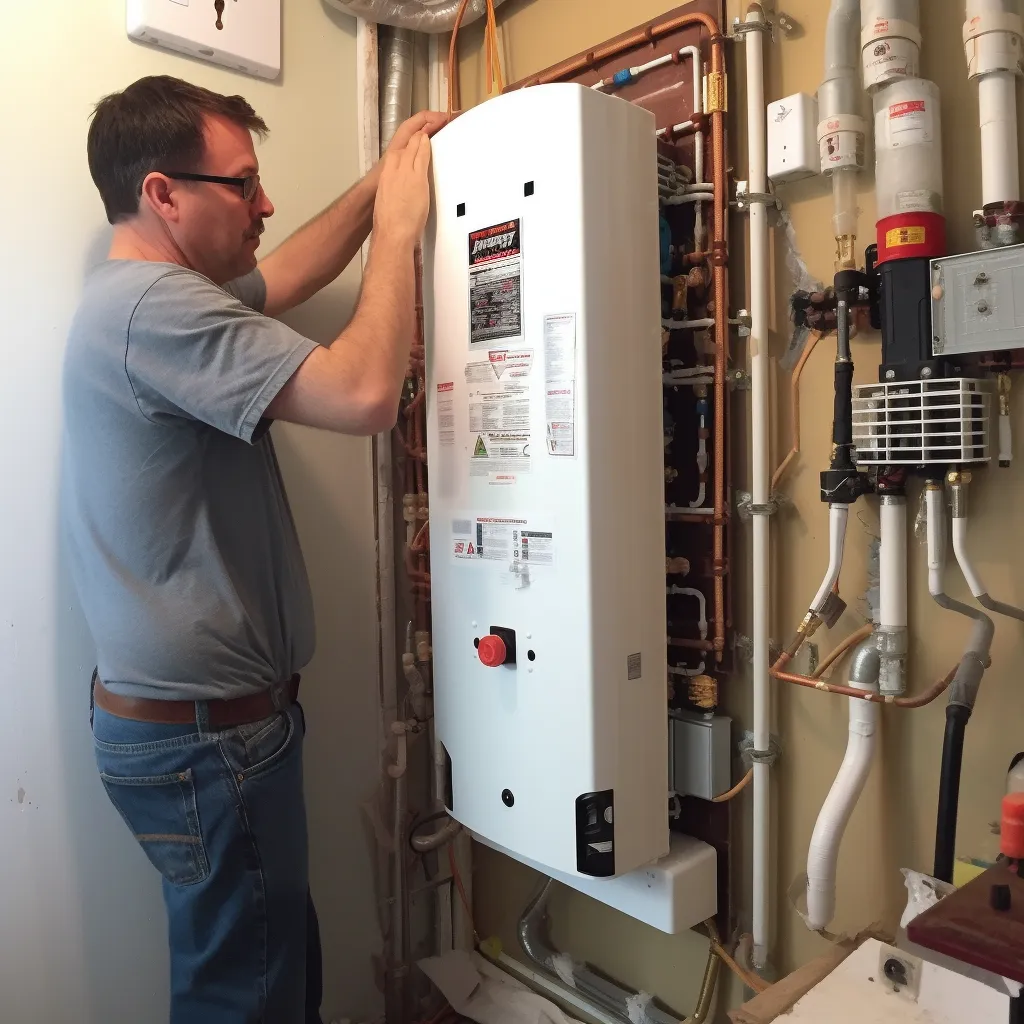
Check for leaks or other issues in your system.
Clean the heat exchanger and burner.
Inspect and replace filters as needed.
Test the water pressure and temperature.
Ensure that vents are free of debris.
Flush the system.
Check the air filter.
If you want to avoid high energy bills, decreased efficiency, or any damage to your water heating system, regular maintenance is key. Make sure to get professional maintenance checks done on your condensing tankless water heater to keep it in top shape. It’s better to be safe than sorry, especially when it can save you time and money in the long run.

What are the maintenance requirements
for non condensing tankless water heaters?
The maintenance requirements for non condensing tankless units are similar to condensing units.
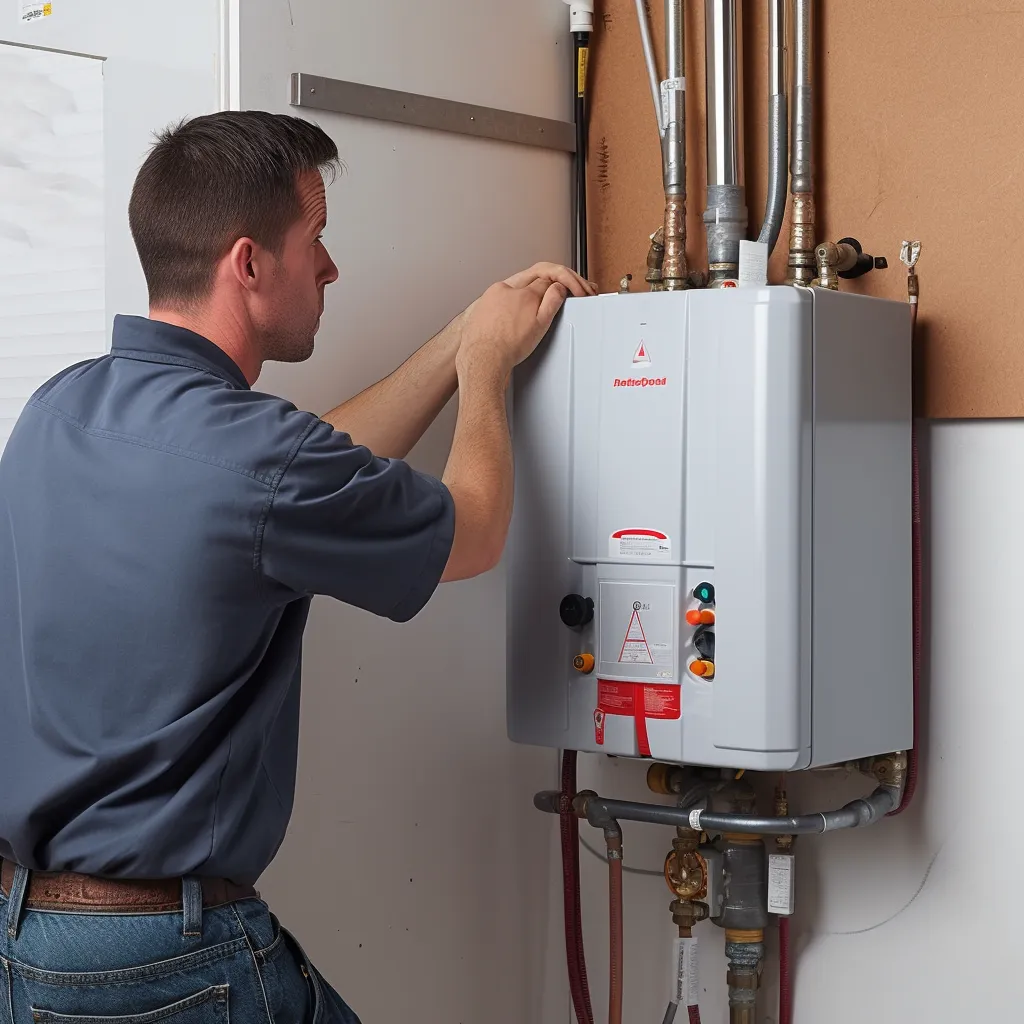
You need to flush the system regularly to remove any mineral buildup or debris that can affect performance.
Don't forget to check the unit's filters regularly and replace them if necessary.
Clean the heat exchanger and burner, and check for any system malfunctions or leaks.
To ensure optimal performance, test the water pressure and temperature.
Make sure the vents are free from debris.
Factors to consider when choosing between non condensing vs condensing tankless water heater
There are several factors you need to consider when it comes to choosing
between a non-condensing and a condensing tankless water heater:
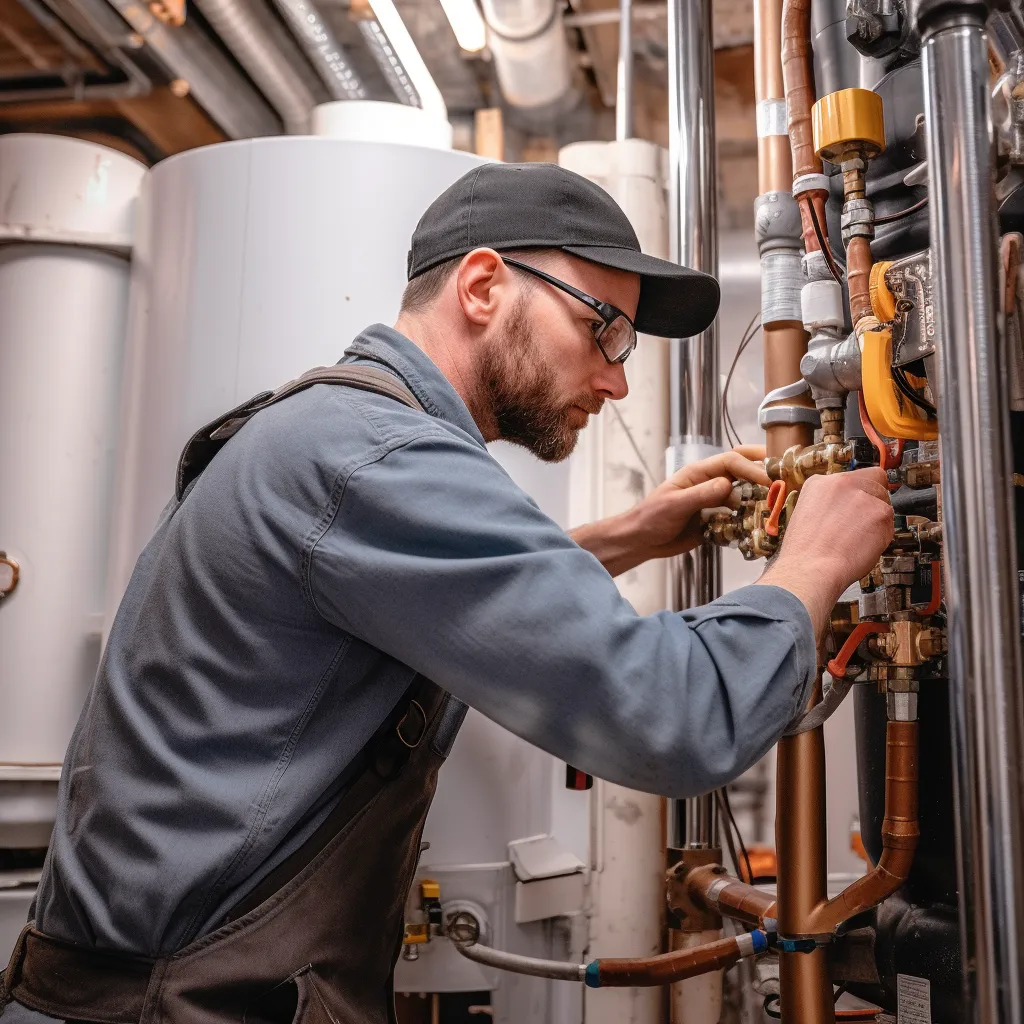
Size: Size-wise, non-condensing units usually take up more space than their condensing counterparts. If you're short on space, think about going for a condensing model.
Installation and complexity: Regarding installation, condensing water heaters require a more complicated set up compared to non-condensing models, which can increase the overall cost.
Maintenance: For maintenance, non-condensing tankless water heaters call for more frequent upkeep than condensing units, so consider how much upkeep you're willing to do when making your decision.
Energy efficiency: When it comes to energy usage, condensing units tend to be more efficient, as it can help you save on utility bills in the long run.
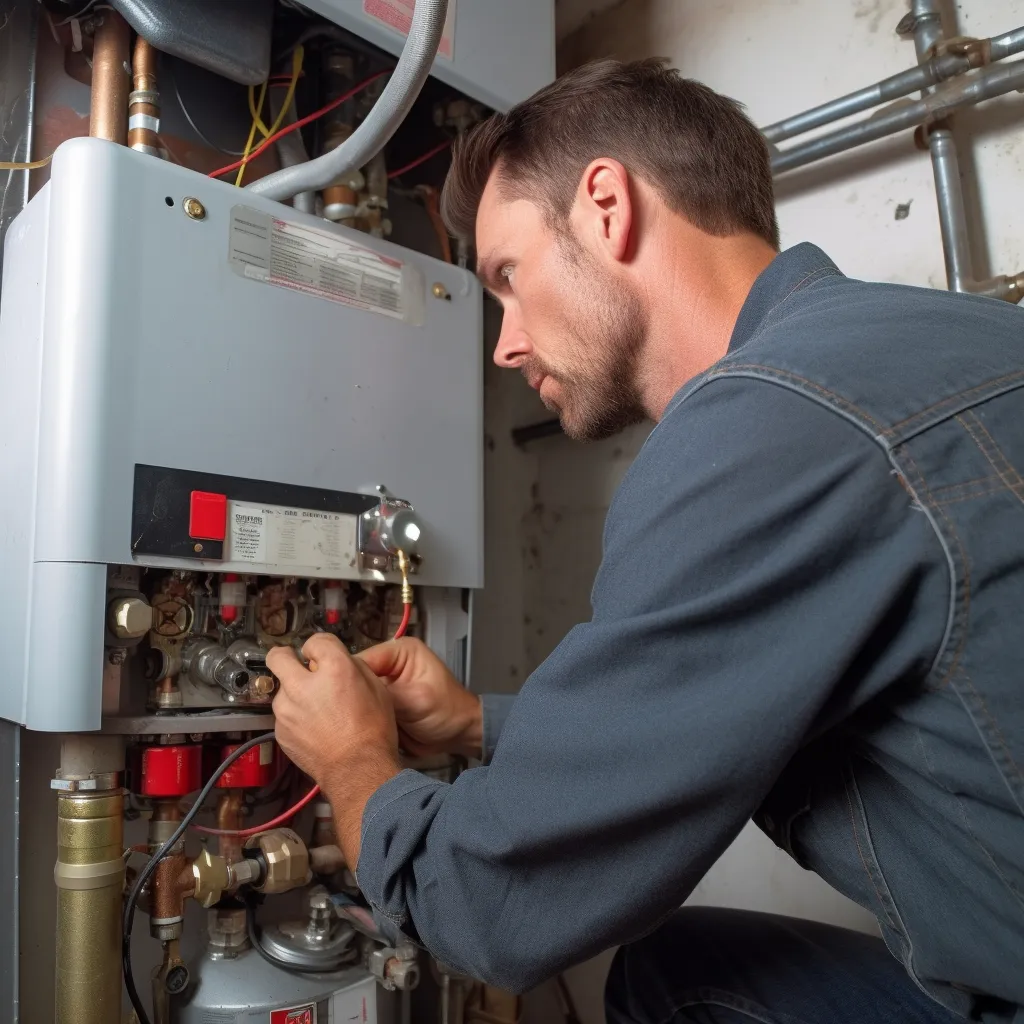
Researching condensing vs non condensing tankless water heaters is important
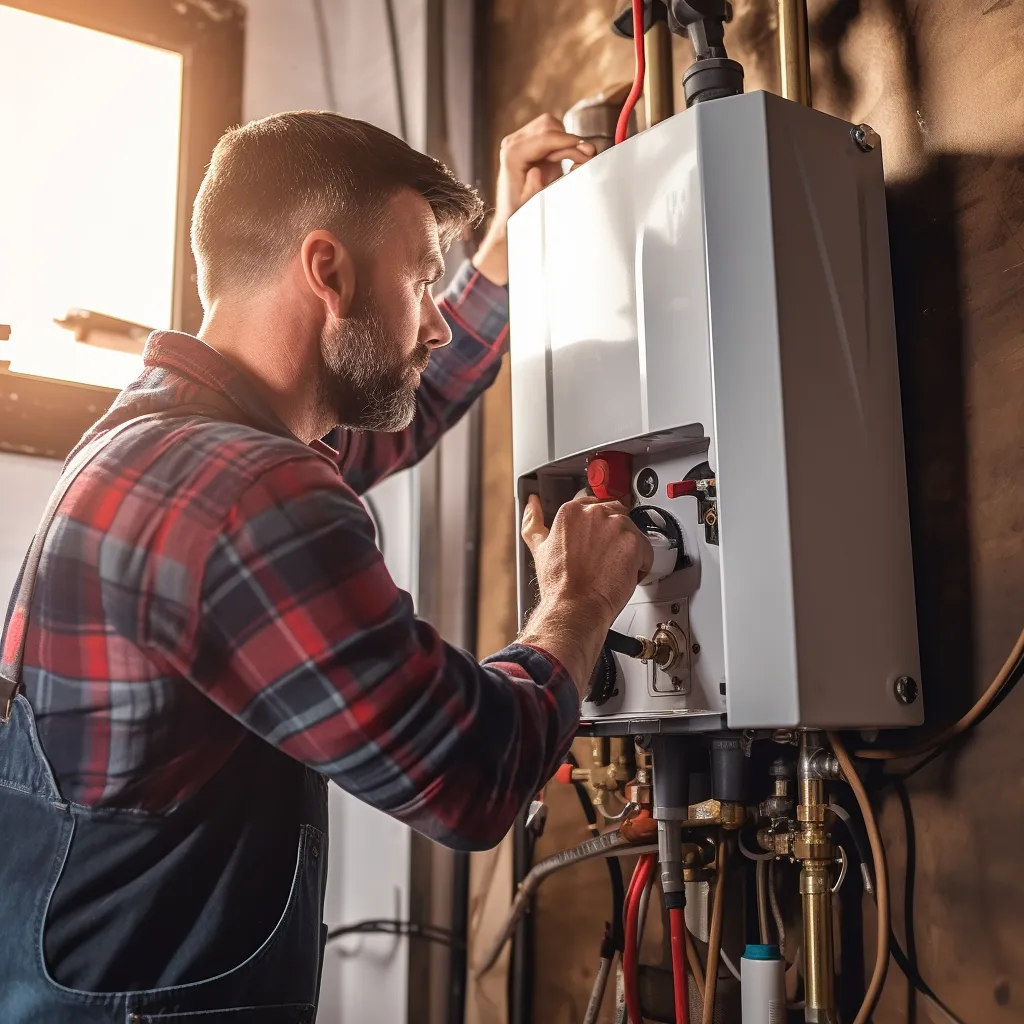
When picking a tankless water heater for your home, it's crucial to research and weigh the pros and cons of various types. One factor you should consider is whether to choose a condensing or non-condensing unit. Although non-condensing models are less expensive, they waste energy and require more upkeep. Conversely, condensing tankless water heaters are more energy-efficient and can help lower your utility bills. By comparing options and determining the ideal type of water heater, you can enjoy reliable hot water and maximum energy savings.
Ultimately, which tankless type to choose is a personal call that you should make in consultation with a licensed professional who understands your home's specific needs. An expert can aid you in making the best decision for your home.
Contact Us
GET IN FULL TOUCH
PHONE:+(520) 317-8178
Don's Plumbing Repair
Maricopa, AZ 85138
